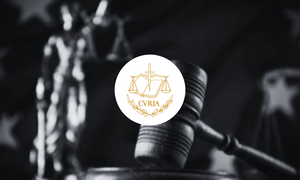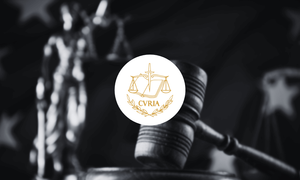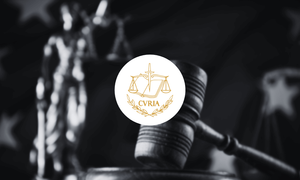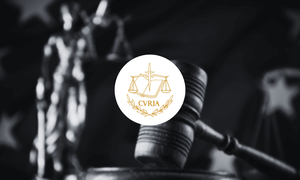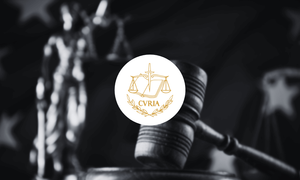
noyb 🇦🇹 DPA Microsoft 365 Education complaints
members
–
2 min read
[update – another win!] In 2024, noyb lodged two complaints against Microsoft's 365 Education platform on 1) lack of transparency and insufficient information, and 2) invasive and illegal cookie tracking of kids in schools. The Austrian DPA sided with noyb in both cases.

